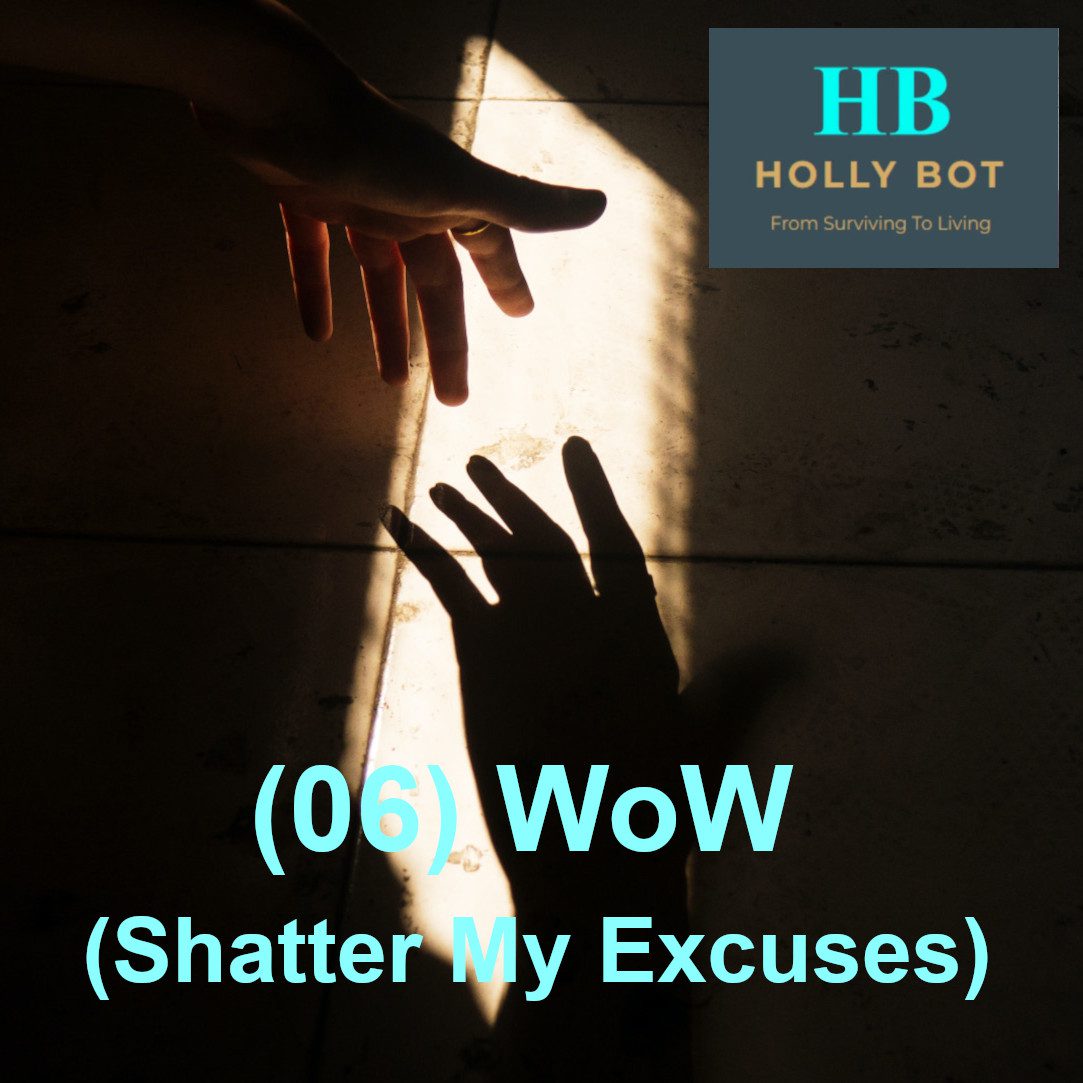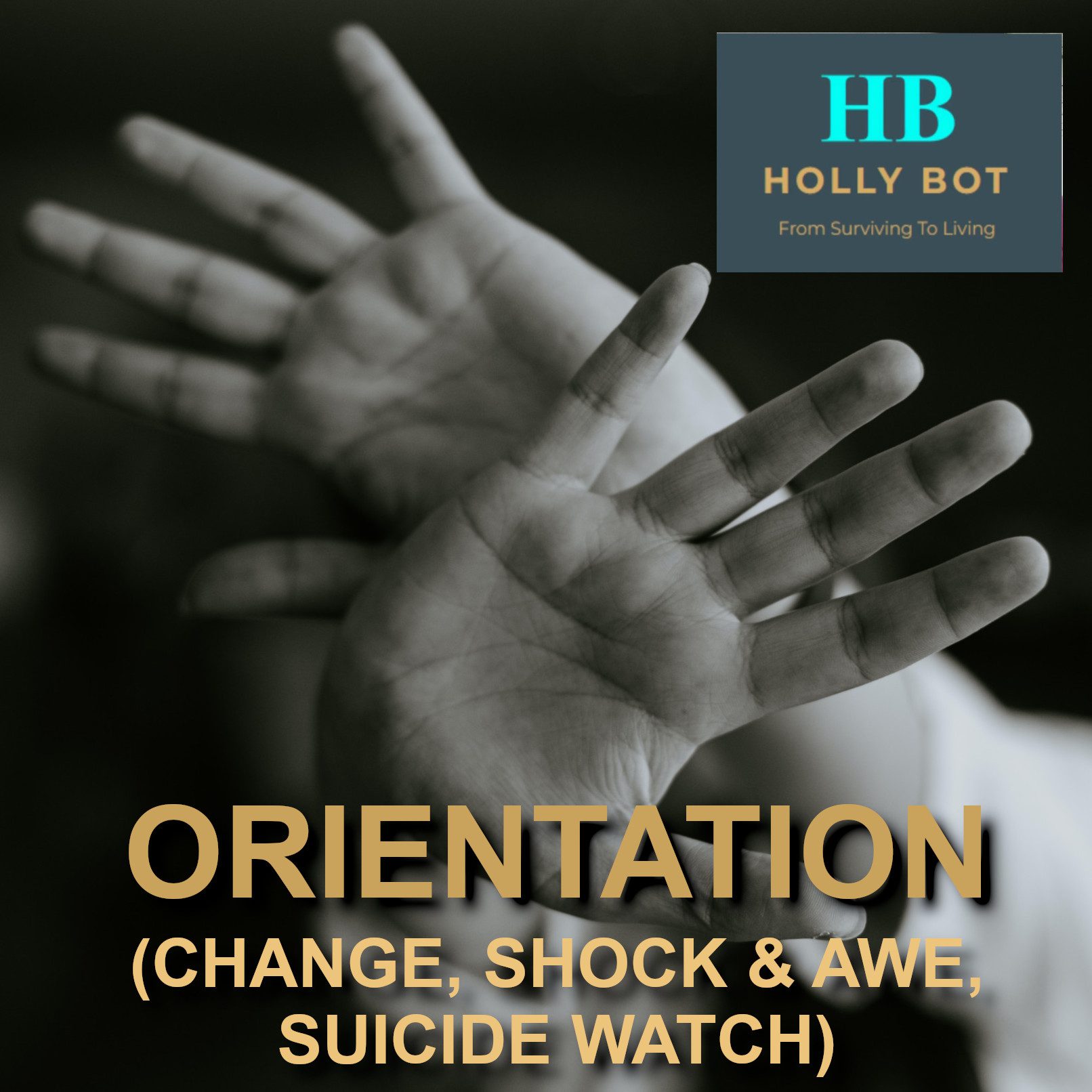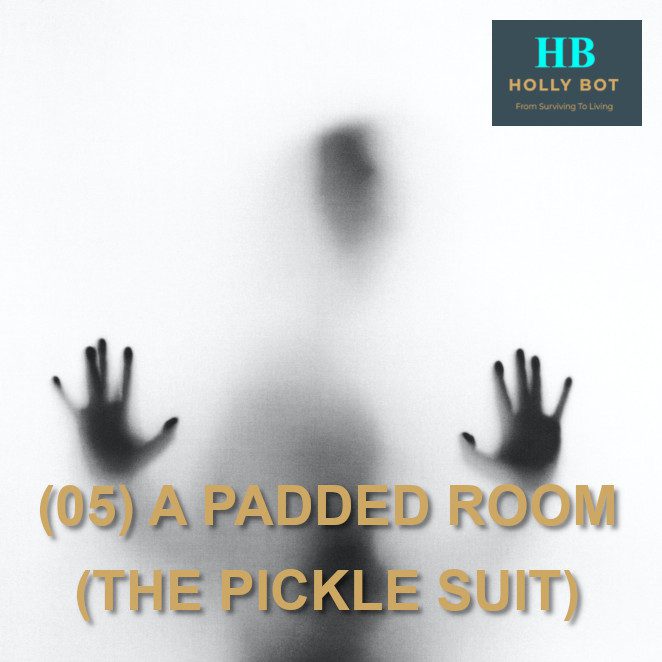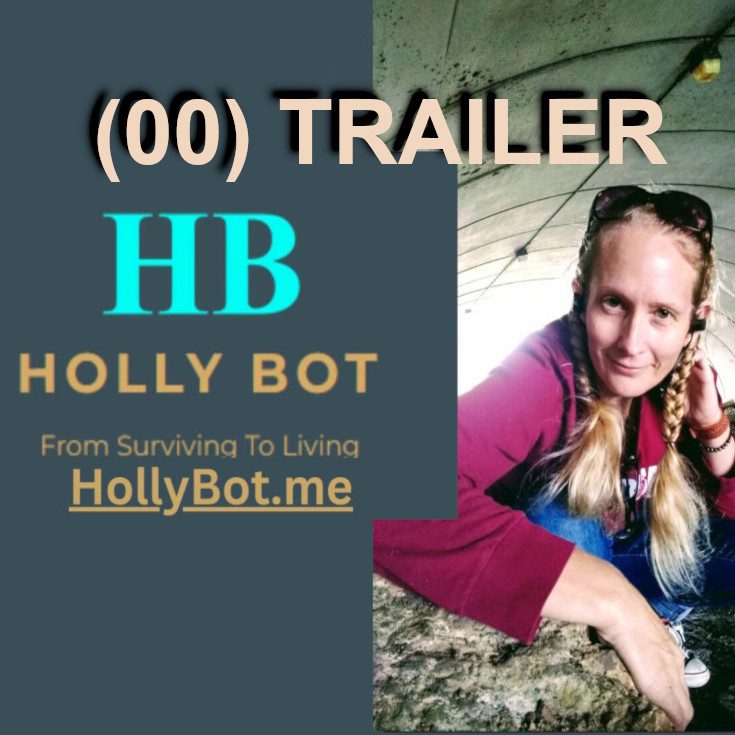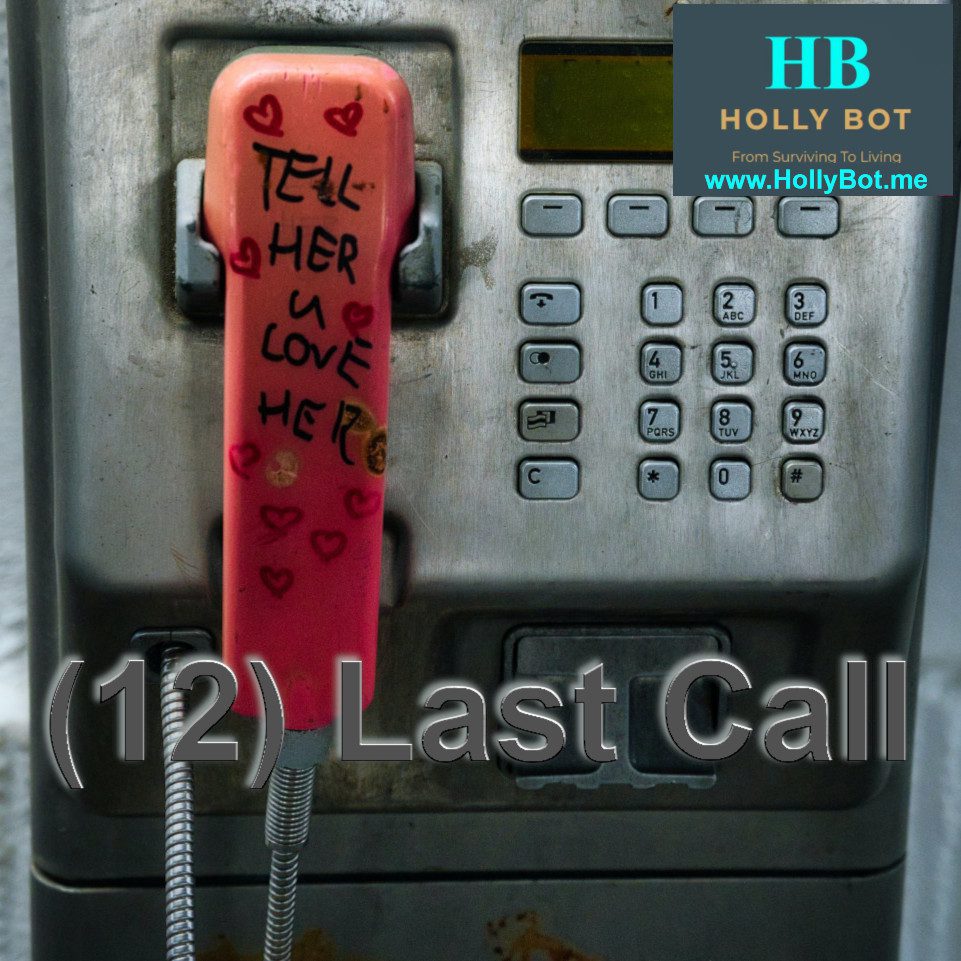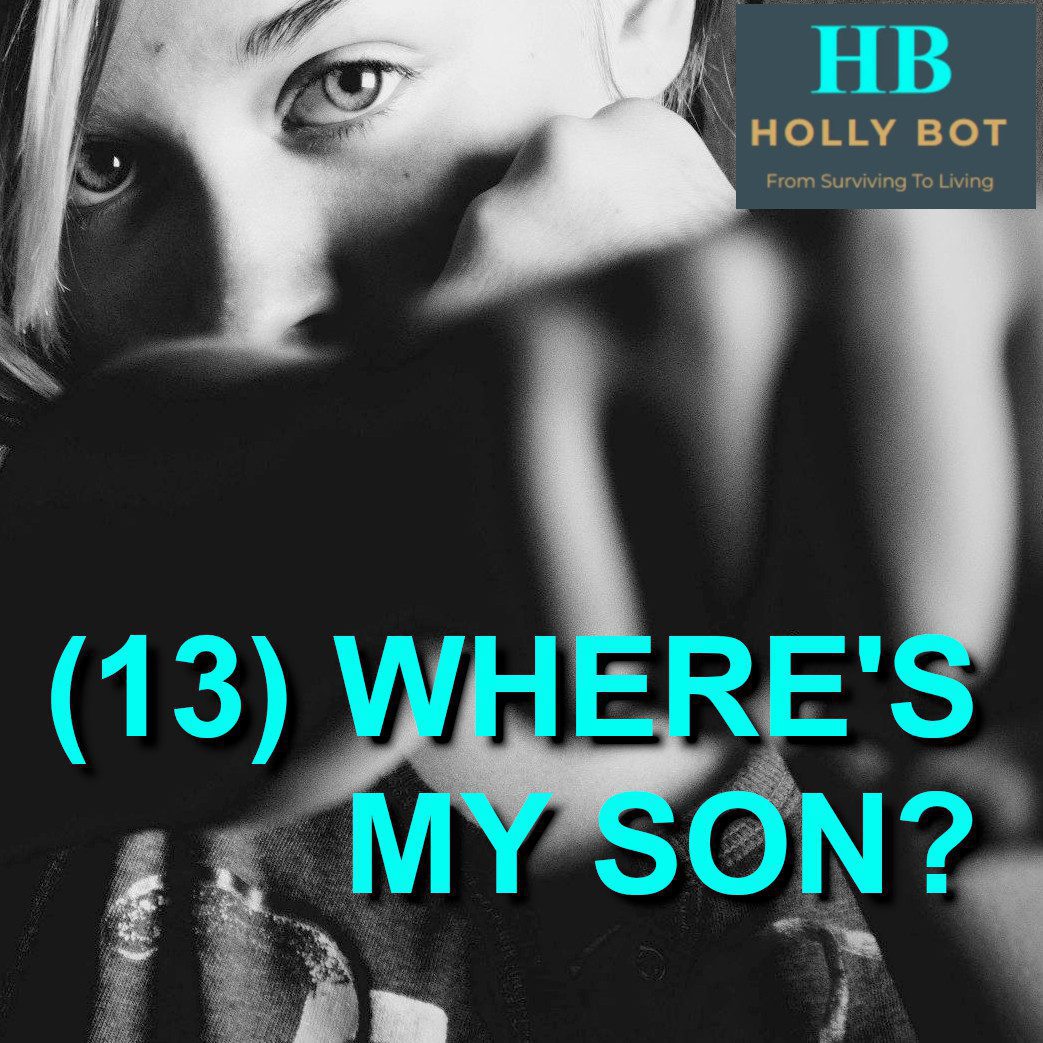(06) WoW (Shatter My Excuses)
Description
Discover extra content in the blog post – WoW!
In October 2011 my definition of rock bottom was redefined when my husband left the state with our children. After 2 weeks on suicide watch the prison transferred me to a mental health program named Woman of Wellness. The social isolation of prison was made more complete by the distance from my children I now experienced as they moved across the country.
I share the surprising living conditions at MCF-Shakopee and the unusual rules such as the “No Touching” policy that caused additional emotional trauma while it tried to prevent the same.
I discuss social isolation and share comparisons between COVID-19 lockdowns and prison policies that lead to severe loneliness and physical illness. Are you lonely? Are you isolated or looking for connection with others? I share insights for having a personal experience with God and how this can lead us to deeper human connection with others.
TRANSCRIPT
Listen today to discover intimacy with Jesus, overcoming adversity, fostering personal growth, and finding hope in every situation!
Despite my difficult experiences in seg, I found solace in a mental health program. I reveal the surprising living conditions at Shakopee prison and show parallels between my experience of isolation there and the broader social impact observed during the COVID-19 pandemic.
How can we apply these insights to have a personal experience with God, appreciate human connection, and recognize the potential for transformation in any circumstances? Listen until the end, you won’t want to miss it! This is Wow!
October 2011. I waited to be released from seg.
recent experience had left me drained. Sitting in seg on suicide watch had been demoralizing. Forced to wear a padded gown, watched by cameras always, having to ask for squares of toilet paper each time…I was not even allowed to wear underwear or use tampons. Helpless, I bled on the gown and myself, messy and embarrassed, alone and shaken – my dignity taking a beating. Now, I wished to feel any measure of control. Finally released from seg I was transferred to Monahan, the prison’s mental health living unit.
Have you ever experienced a difficult time that felt really lonely? Do you know someone who has?
At my website Hollybot.me you’ll find pictures of the MCF-Shakopee prison campus, inside and out.
You might be surprised to discover it doesn’t resemble a prison, as you might imagine a prison to look. It was far different than I expected. MCF-Shakopee resembles a college campus with nice dorms and well-manicured lawns.
In 1986 MCF-Shakopee opened at its current location. It was state of the art for its time but almost at once needed renovation to meet its increasing needs. In 2000 Shakopee opened the Monahan living unit and 8 years later expansion began again. A $5.3 million dollar addition to Monahan opened adding another 92 beds for treatment and therapy (for a total of 154), making Monahan the largest living unit at Shakopee.
Shakopee’s “cells” also seemed atypical to me. Without bars, they have wooden doors. Walking through a living unit is like touring an apartment complex. Cells have their own separate bathrooms and furniture is wooden.
Prison had been unexpected. Seven months later as I left segregation to enter the Women of Wellness mental health program, Monahan surprised me yet again. I felt tensions fall away. Because this unit was built later it had a different design. Entering was like stepping out of prison and into another place. Instead of white paint and concrete block, it delivered lilac colors and sheetrock walls! I wished I could stay here until I was released.
And yet, space for incarcerated women in Minnesota wasn’t always like this. Stillwater was the home of Minnesota’s first prison built in 1853 and it originally housed both men and women convicts.
In 1912 this prison was torn down and rebuilt as a new “state-of-the-art” prison in the town of Bayport. That prison stands today and is named MCF-Stillwater.
In 1915, at a legislative hearing at the Minnesota State Capitol, Mrs. Isabel Higbee made an impassioned plea for the establishment of a reformatory for women. Her doctor told her she needed rest, but she wasn’t about to give up an opportunity. She argued in favor of a new institution where women would neither be incarcerated with male inmates nor with teenage girls. At the conclusion of her talk, Mrs. Higbee collapsed and died. Six days later the bill passed and in 1920, the reformatory opened, and women were transferred out of Stillwater prison.
Today Shakopee’s segregation unit is named after Mrs. Higbee.
“That sure sounds comfortable!” you might think. But Covid-19 and country-wide lockdowns taught us all about isolation.
According to an article in BMC Psychiatry, “The evidence on the mental health harms caused by the response to COVID-19 [are] found to be overwhelming …anxiety, depression, suicide.
The prevalence of severe loneliness increased to 21% during COVID-19 lockdowns compared with 6% previously. This was due to isolation. there are serious health risks linked to severe loneliness including risks rivaling those of smoking, and obesity.”3
Does this hit home for you? How does isolation affect you? Do you look for ways to spend time with people or avoid them?
And then there was The No Touching Rule. The year I entered prison, Shakopee began a “no touching policy.” It was not a health policy, it was a response to concerns about sex, consensual or otherwise. In an attempt to prevent trauma or moralize inmates, great harm was caused. We were never allowed to touch anyone, ever, except for a greeting hug in the visiting room, if we got a visit. Some women never did.
Imagine being unable to touch anyone for 5 years, 10, 30. The science of touch convincingly suggests we are wired to need to connect with others on a basic physical level. Touching is our primary language of trust and compassion. “To touch can be to give life,” said Michelangelo.
I am remarried now. My husband, Corbyn, is incarcerated, He’d been given a 30-year sentence in 2011 at age 18. I remember the first time I met him in person, I visited him at Stillwater prison. I hugged him; I loved him already. I’ll never forget what he said afterward, my wonderful husband who had been locked away for a decade. It broke my heart, but I understood completely. With wonder he said, “You hugged me as if you wanted to touch me, as if you love me. my family doesn’t even do that.”
In a world of great emotional hurt this was COVID-19 type social isolation before the rest of the world had discovered such pain. New arrivals at Shakopee had train themselves to act in the most unnatural of ways, in short – stop showing or receiving trust and compassion.
Not long after I arrived at Shakopee, while still in orientation, our class made a trip to the library. Excitedly we walked the aisles, gathering good books for later. One of my classmates was showing a recent find to the group and I sidled up next to her. Lisa,4 a returnee to prison, was familiar with the rules in a way only someone who has experienced punishment can be.
Impatient to grab Lisa’s attention I tapped her arm and held out my book. Distracted from her conversation she acknowledged me, nodded, and finished her thought. then casually, she added for my benefit, “I will be right with you… and don’t tap me. Thank you.” She seemed as if she’d like to add more, thought better of it, then returned to her conversation with the others.
Blankly my mind searched for the reason she might say such a thing. “Don’t tap me”?? Belatedly I recalled the no touching rule. I froze, rattled. I had touched her without thought!
The entire incident lasted less than 10 seconds, yet I remember it clearly today. Scientific studies suggest that fright sears memories into our mind when other things become difficult to recall with time. This hardly seemed like a terrifying event and yet it must have been frightening for me! I cannot forget it. My social fabric was being altered.
Over the coming days, weeks, months and eventually years I became extremely self-conscious, natural behavior feeling unnatural. This led to further emotional detachment, social awkwardness, and anxiety.
WoW programming would provide me with skills to navigate these new circumstances, but it wasn’t a cure. WoW supplied tools for behavior modification. I did need that – yes, I did. I was unaware at the time, however, that total life transformation is possible. WoW doesn’t provide a new life; it just helps one have a better day.
A transformed life wa

